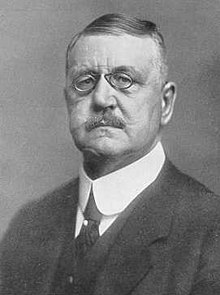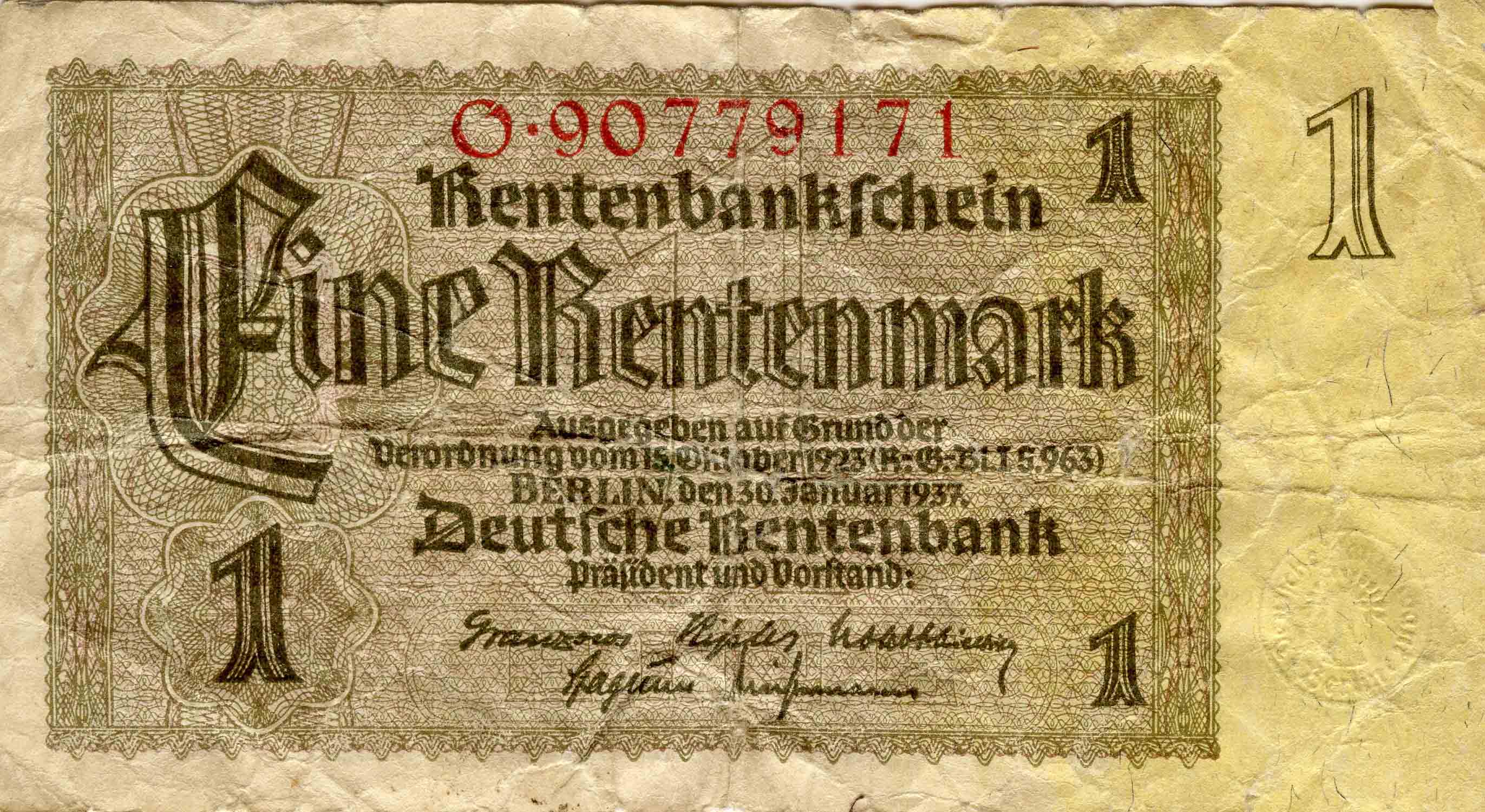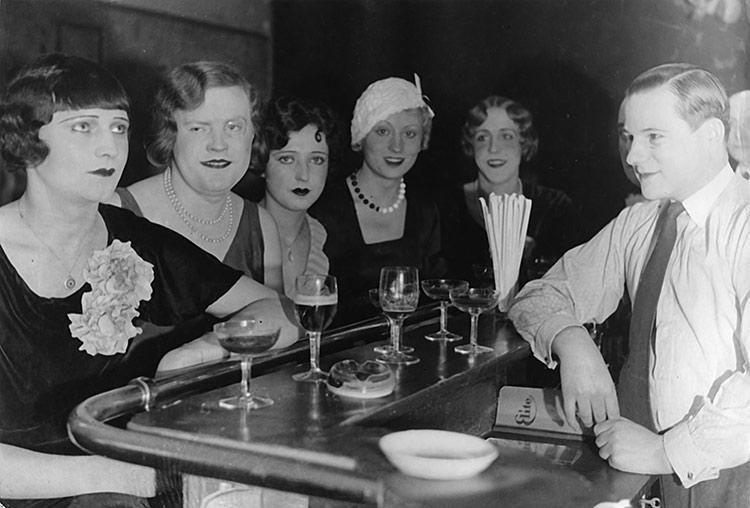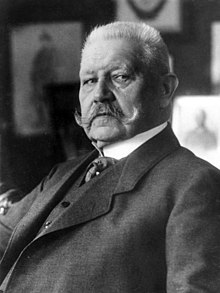
Weimar Republic
Origin
Allies offered Germany peace
Under strict conditions
Germany should be more democrat
The Kaiser refused
Kiel was tooked over
Caused
Socialist
Led uprising of workers and soliders in other German ports
Other cities followed
Bavaria an independent Socialist Republic was declared

Friedrich Ebert
The Socialist leader
Became the new leader of the Republic
Signed an armistice with the Allies
Gave Germany
Freedom of speech
Freedom of worship
Better working conditions
The Kaiser abdicated on the 9 November 1928
Name
The new government met in the small town of

Weimar
Because Berlin was under violence
Organisation
German people
President
Courts
Chancellor
Government Ministers
Armed forces
Reichstag
17 local governments
Their power was limited
More democrat
Opposition
From the Left
Spartacists
Leaders

Karl Liebknecht

Rosa Luxemburg
Wanted
Germany ruled by workers councils and soviets
Were stopped
Freikorps
Ex soldiers
Made an agreement with Ebert
Caused
Bitterness between them and his Socialist Party
Approval from many in Germany
From the Right
People that had liked the Kaiser
1920
Kapp Putch
5000 freikorps made a rebellion
The army refused to fire
Solution
German people
Decleared a general strike
Capital
Halt with no transports, power or water

Kapp
Leader
Realised he could not succeed and left the country
1922/1923
Munich Putch
Walther Rathenau was murdered
/s3.amazonaws.com/arc-wordpress-client-uploads/infobae-wp/wp-content/uploads/2018/05/04145012/Adolf-Hitler-en-Colombia.jpg)
Hitler
A rebellion in Munich
Short prison sentences
Problems
Treaty of Versailles
People turned their fury into Ebert
Severe conditions of it
Economic
Germany didnt pay the second year
French and Belgian troops

Entered the Ruhr
(Legal under the Treaty of Versailles)
Took raw materials and goods
Did a pacific resistance
Soldiers began killing people
Started producing again
Government printed money
Hyperinflation
There was a lot of money in circulation
More opposition from the Right and middle classes

Under Stresemann
Called of the passive resistance
Called in the wothless marks and burned them

Created Rentnmark
Negotiated to receive American loans
Was poured into German industry
They could be called in at short notice
Ruin
Renegotiated the reparations payments
Longer periods to pay
By 1928 Germany
Achieved the same levels of production as before war
Peasant farmers, miner, small business owners and middle classes
Were the main losers
Began to feel that the government offered them little
Reparations were being paid
Exports were on increase
Culture

Bauhaus style of architecture
New buildings

Golden age of cinema
Berlin became famous
Daring and liberated night life

Clubs
People in the countryside
Thought this represented a moral decline
Wanted a return to simple country values and wanted to see more help for the countryside
Censorship was removed
Politics
There was almost no opposition
Nazis and Communists were building up their party organisation

Hindenburg
Won the elections
Extremely from the Right
Foreign
Locarno Treaties
Not to try to change borders with France and Belgium
Was attacked by Communists
Was accepted
The League of Nations
Were attacked by Nationalists
Young Plan
Lightened the reparations
Removal of
British
French
Belgium
Troops from the
Rhineland